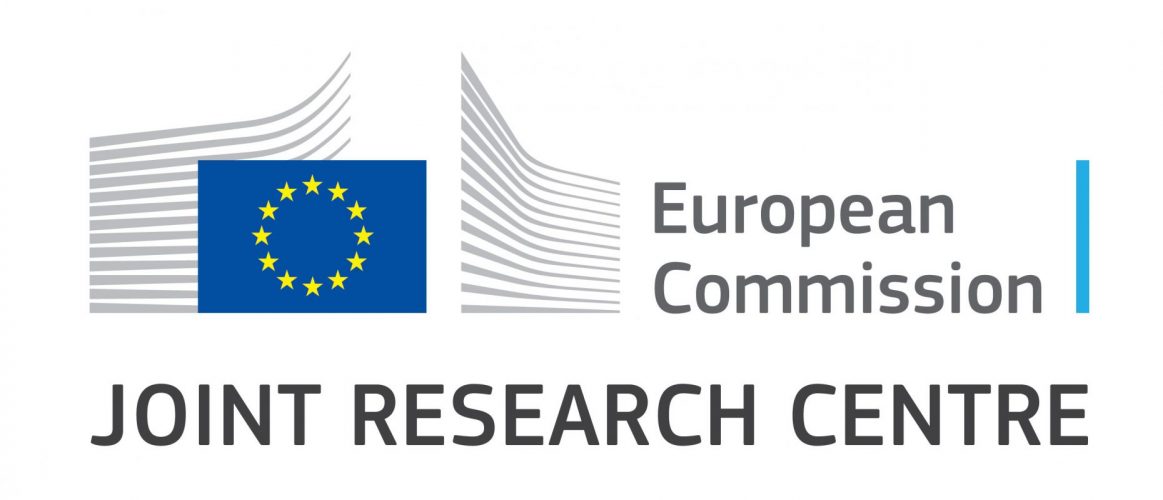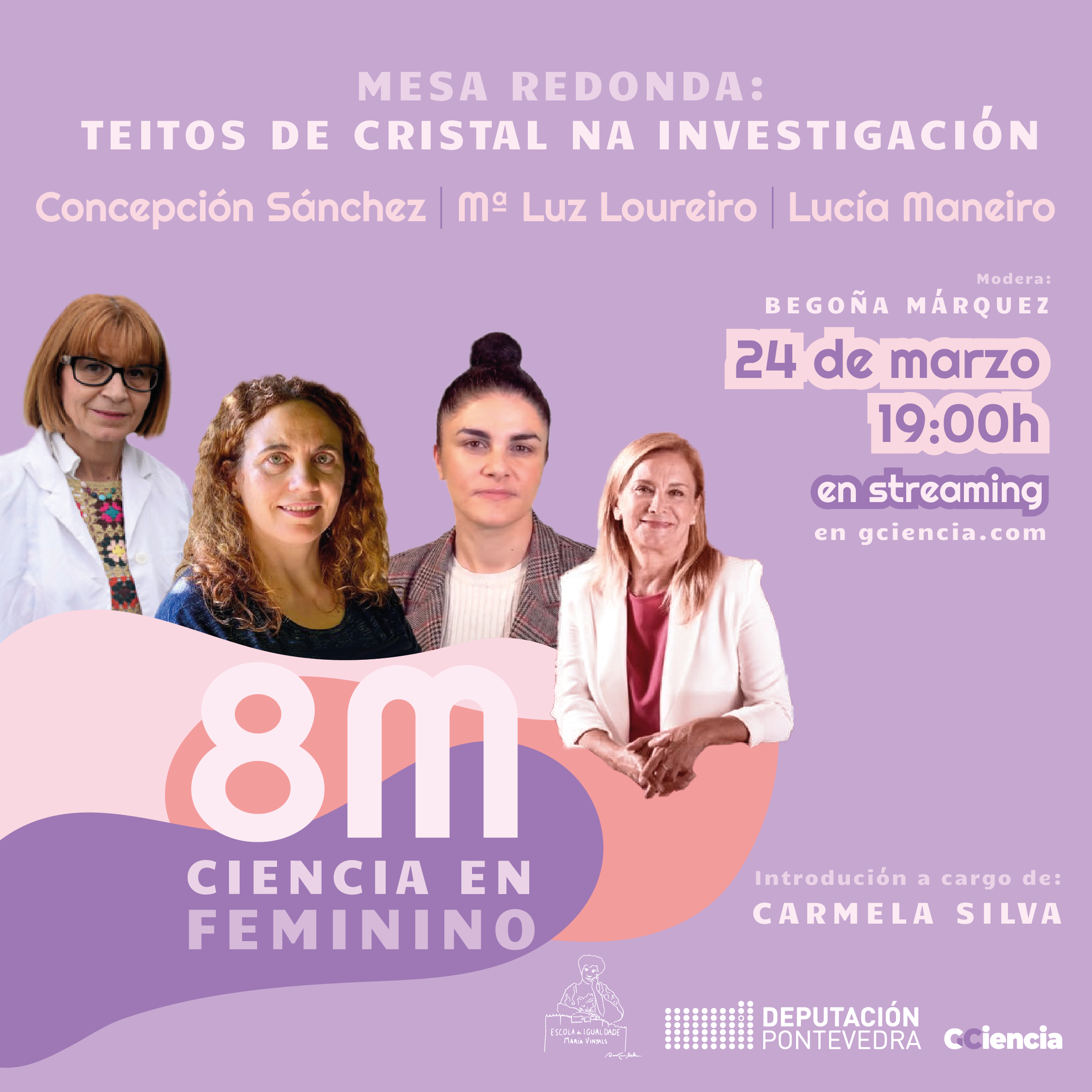JRC B2 Seminar: "Trends in Inequality of Opportunity in health over the life cycle: the role of early-life conditions" - Matija Kovacic
Abstract
This paper explores the evolution of inequality of opportunity in the prevalence of chronic diseases along the life cycle and across different birth cohorts for individuals aged 50 or older and residing in 13 European countries. We adopt an ex-ante parametric approach and rely on the dissimilarity index as our reference inequality metric. In addition to a commonly used set of circumstances, we pay particular attention to the role of adverse early-life conditions, such as the experience of harm and the quality of the relationship with parents. In order to quantify the relative importance of each circumstance, we apply the Shapley inequality decomposition method. Our results suggest that inequality of opportunity in health is not stable over the life cycle - it is generally lower at younger ages and then monotonically increases. Moreover, it varies between different birth cohorts and is generally higher for younger individuals than for older age groups. Finally, the contribution of adverse early life conditions ranges between 25% and 45%, which is comparable to the share of socio-economic circumstances but significantly higher than the relative contribution of other demographic characteristics, especially at younger ages.
Speaker
Matija Kovacic is a researcher in the European Commission's Joint Research Centre (Ispra). He is also affiliated with the Department of Economics at Ca’ Foscari University of Venice as a subject expert in Empirical Economics and Microeconomics. Before that, he was a post-doc researcher at the Ca’ Foscari University of Venice and the "Marco Fanno" Department of Economics, University of Padua. His research interests include the analysis of individual attitudes and choices; inequality; and health economics.
JRC B2 Seminar: "Public support for tax policies in COVID-19 times: Evidence from Luxembourg" - Javier Oliveira
Abstract
We study attitudes towards the introduction of hypothetical new taxes to finance the cost of the COVID-19 pandemic. We rely on survey data collected in Luxembourg in 2020. The survey asks for the agreement of respondents over: a one-time net wealth tax, an inheritance tax, a temporary solidarity income tax, and a temporary increase in VAT. All questions include different and randomly assigned tax attributes (tax rates and exemption amounts). We find a clear divide with relatively high support for new wealth and inheritance taxes on the one hand and a low support for increases in VAT and income taxes on the other hand. While 58% of respondents agree or strongly agree with a one-time tax levied on net worth, only 24% are in favor of a small increase in VAT. Support for any tax is however negatively associated with the size of the tax as measured by the predicted revenues. Our results indicate that a one-time wealth tax could raise substantial revenues and still garner public support.
Speaker
Javier Olivera is a researcher in the department of living conditions at the Luxembourg Institute of Socio-Economic Research (LISER) and full professor of economics at Pontificia Universidad Catolica del Peru (PUCP). He is also affiliated to the department of economics at KU Leuven. Before his academic career he worked in the public sector, advising policy in Peru. His research interests include public economics, socio-economic inequality, pensions, attitudes towards redistribution and taxation, intergenerational transfers, old age and economic demography.
JRC B2 Seminar: 'Social and distributional impact of the revision of the Energy Tax Directive in the EU' - Eva Alonso Epelde & Xaquin Garcia
Abstract: “The proposed Energy Taxation Directive (ETD) reform is one of the most politically sensitive elements of the Fit for 55 package. it is expected that the new ETD will have a direct impact on the energy products that are consumed by the European households and many stakeholders are concerned that the proposal risk entrenching inequality. We provide new evidence from a microsimulation model developed by the Basque Centre for Climate Change (BC3) with IEEP and five other partners in the Think Sustainable Europe (TSE) network to assess the direct, overnight distributional impacts of the New Energy Tax Directive. We show that if carefully designed – including well-directed revenue-recycling, and alongside complementary policy measures – the proposals can achieve progressive impacts. In short, it could serve as a tool to fight both inequality and the climate crisis.”
JRC B2 Seminar: “Did the policy responses to COVID-19 protect Italian households’ incomes? Evidence from survey and administrative data” - Chiara Subrizi & Dalila de Rosa
Abstract:
This paper addresses the economic impact of the COVID-19 pandemic by providing timely and accurate information on Italian households’ income distribution, inequality and poverty risk, assessing the effects of policy responses during 2020. By building a unique and wide database with the latest survey, tax and administrative data at individual and firm level, and by using the micro-simulation model TAXBEN-DF from the Italian Department of Finance, the analysis nowcasts the income loss due to the economic shutdown since March 2020 and simulates most of the interventions adopted by the Government from March to December 2020. Results suggest that policy measures in response to the pandemic have been effective to limit the overall increase in income inequality and relative poverty, not being able yet to avoid a concerning polarization of incomes and large heterogeneous effects in terms of both income losses and measures’ compensation.
JRC B2 Seminar: ‘EU 1.5° Lifestyles: Policies and tools for mainstreaming 1.5° Lifestyles’ – Nadin Ozcelik
The IPCC concludes in their Special Report on Global Warming that limiting global temperature increase needs demand-side actions and lifestyle changes. Previous attempts to realise demand-side changes have been hampered by several factors: First, there is very limited quantitative data showing how much a proposed change in lifestyle would contribute to climate change mitigation. Thus, policy makers and citizens lack guidance to make informed choices. Second, there is still limited evidence of public acceptance of drastic changes. This has led to internationally uncoordinated policies and to policies that will very likely fall short on having sufficient impact. Third, policies have usually promoted changes of individual behaviour without addressing structural constraints or structural drivers of unsustainable lifestyles. This has led to policies that remain ineffective and frustrate citizens who wish to make positive lifestyle choices. We aim to address all three of the above issues, by connecting an analysis of individual lifestyle perspectives, on household level, with policies and socio-economic structures, on all levels from international to local. The analysis will be structured according to the emerging 1.5-degree lifestyles approach, which members of the consortium have helped to define. The advantage of a lifestyle-oriented approach is to link concrete transformations of lifestyle by individuals to transformations of the structural context by policies, economic, and societal institutions. This inclusive approach is original in terms of a research strategy. In practical terms, it is very promising as it offers concrete guidance and as it can be scaled to political, social, and economic capacities on regional to (supra-) national levels. We pursue our aims using quantitative and qualitative methods, country-level assessments and sector-based case studies, as well as innovative participatory formats and a broad range of communication methods.
Scientific Conference Series Aida Fernández Ríos - María Loureiro: “Citizenship in light of climate change: socioeconomic aspects”
María Loureiro García, professor of Fundamentals of Economic Analysis, School of Economic and Business Science of the University of Santiago de Compostela (USC), and elected member of the RAGC. Scientific Director of ECOBAS.
“Citizenship in light of climate change: socioeconomic aspects”
Climate change is one of the most global and worrying phenomena faced by citizens in the 21st century. This presentation analyzes how sentiments towards climate change are expressed and transmitted globally and generate possibilities for the implementation of mitigation and adaptation policies in different continents. In the news, there is increasing global awareness of the occurrence of climate change and its economic and social consequences; this is especially true in countries that have recently experienced extreme events. To conduct this analysis, we employ a database containing over 100 million records of Twitter conversations globally from 2019 to the present.
By proximity, we will focus on the European case and analyze it causally, with microeconomic empirical applications, like how the energy transition and its consequences on energy prices affect the perception on the need for climate policy.
If you have any doubts, pleasec ontact the Social Cohesion and Youth Service at



